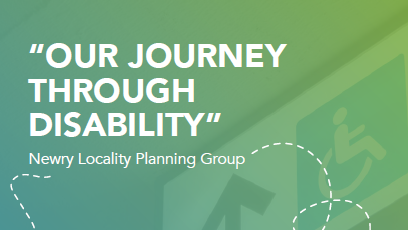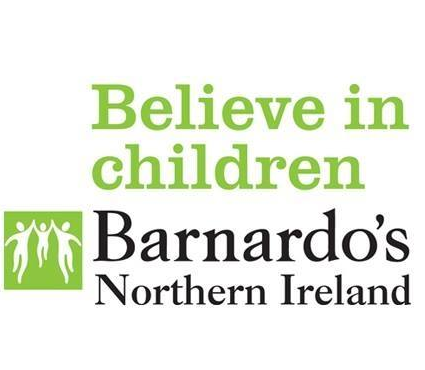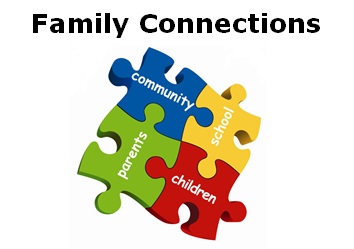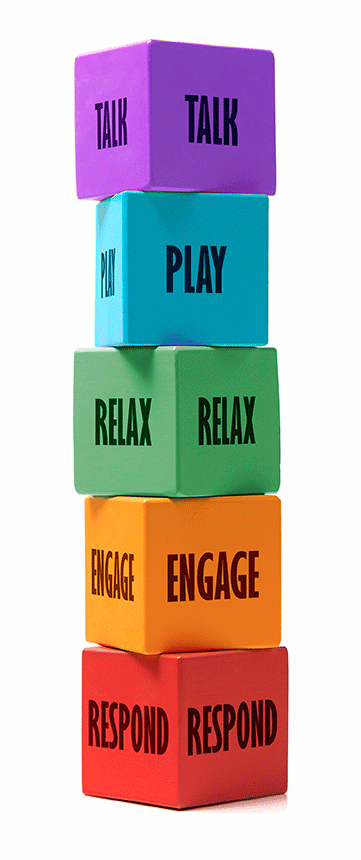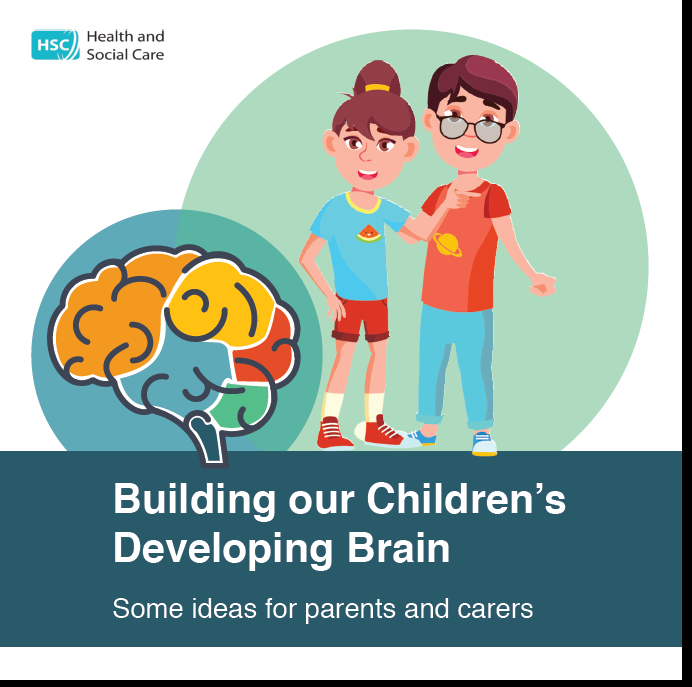Video of the event: https://www.youtube.com/watch?v=hX0GCTwJGQYY
Parents’ Videos:
Ashling’s Story: https://www.youtube.com/watch?v=_e9JlrVkjoc
Sheila’s Story: https://www.youtube.com/watch?v=SdXCYh-17pg
Martina’s Story: https://www.youtube.com/watch?v=lJWrcdCqDdg
Emma’s Story: https://www.youtube.com/watch?v=20XBbwl0qM0
Pauline’s Story: https://youtu.be/GISjH_rAm0g
Jim’s Story: https://www.youtube.com/watch?v=thpmP-WqTLE
Joan’s Story: https://www.youtube.com/watch?v=okccLK0-dUA

